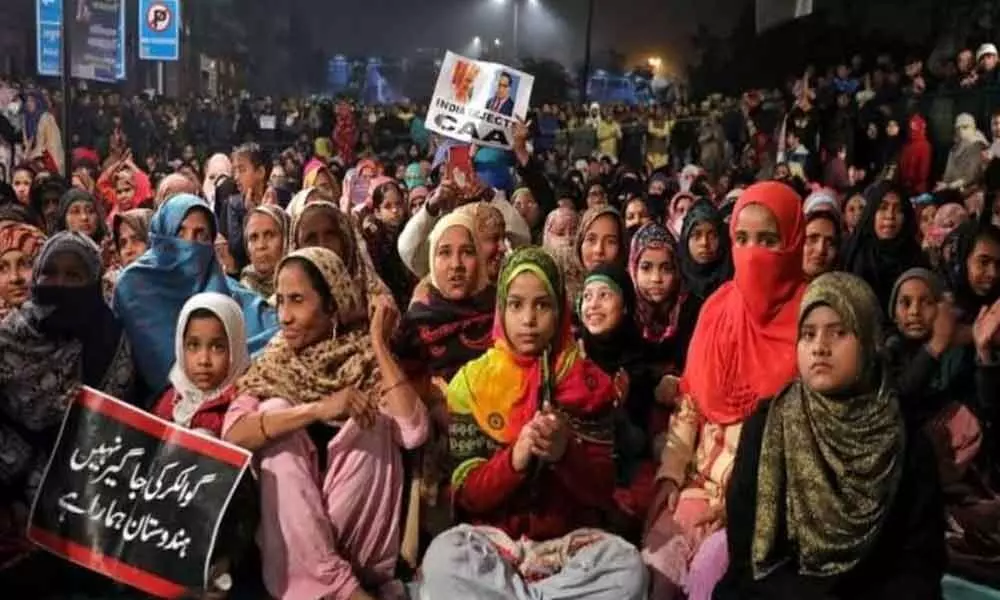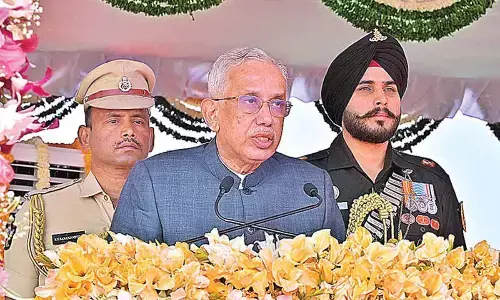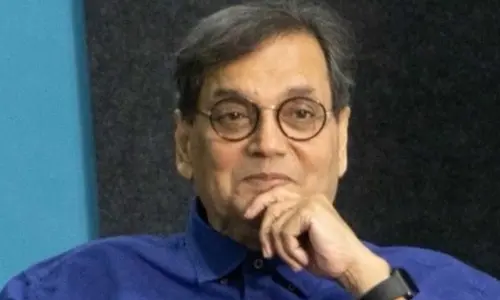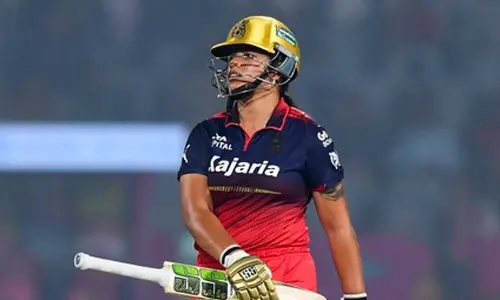Shaheen Bagh: Greatest movement since Independence

It would be unfair to compare the Shaheen Bagh anti-CAA, NPR, NRC movement with mass mobilisation efforts leading to Independence.
It would be unfair to compare the Shaheen Bagh anti-CAA, NPR, NRC movement with mass mobilisation efforts leading to Independence. The movement has no Gandhi leading it. Its spontaneous expansion across the length and breadth of the country and locations across the seas is unprecedented.
As the movement completes its third month in the next few days, a degree of restlessness is discernible among those who have hovered on the margins and who are asking, sometimes in whispers, "What next?" The quest for the "next" on the part of a limited group, admittedly, gives a clue to their expectations. In their minds they had probably set targets which have either been achieved or are unachievable.
Surely the target was not to enable AAP to win in Delhi. Yes, the movement's popularity across communities may well have helped blunt the saffron in the air. In other words, the atmosphere the movement generated helped the only party poised to defeat Hindutva.
By steering clear of all political parties, the movement has placed itself unassailably on a pedestal. It is clearing untraversed terrain. It may well have paved the way for a secularism of common aspirations which the British found necessary to snuff out after Hindus and Muslims had, in the words of Benjamin Disraeli, found a "common interest and a common cause" during the 1857 uprising.
In his address to the House of Commons, Disraeli rebuked the administration in India. "Our Empire in India was, indeed, founded upon the old principle of divide et Empira (divide and rule)".
This "principle" had been lost sight of by the British in India making it possible for the "rebels" to very nearly defeat the British. If Disraeli were to be interpreted, the rebellion by Hindus and Muslims was the secularism of common aspirations. The confused vision of secularism India's founding fathers accepted was profaned in electoral practice.
Shaheen Bagh and its affiliates, over a hundred of them across the country, some of these bearing the name Shaheen Bagh, has been a unique evolution. For the first time, Muslim women have defied all the stereotypes which portrayed them as timid, homebound and subjugated.
They form the core of the protests everywhere, holding the national flag and reciting the preamble to the constitution with expert ease and speaking to the media with clarity and poise. University campuses are wholeheartedly in it.
The breakdown of a system of uninstitutionalised apartheid or separate development of communities has been a singular achievement of the movement. Communities which thought the worst of each other in the absence of any interaction are now sharing the same shamiana, chanting slogans for the protection of the constitution.
No single event in recent history has revved up a secularism of common purpose on this scale. When I visited Shaheen Bagh earlier this week a regular langar, started by a group of Sikhs from Punjab, had become permanent at the protest site. Goodness, generosity, charity are infectious impulses. Muslim youth sweeping the site in the shadow of a Guru Nanak poster is the kind of "kar sewa" which is mandatory for Sikhs at Gurudwaras.
The media may not be deliriously ecstatic at the composition, but I found it symbolically transformational. That every Gurudwara in Delhi opened its doors, including in the riot hit north east, harmonized with the mood that Shaheen Bagh has set.
The core of the protest movement, the women, have demonstrated extraordinary reserves of stamina.
But equally on show is the lack of commitment on the part of exactly the left-of-centre groups who had initially boosted Shaheen Bagh by enthusiastic participation. Does it occur to these groups that their dwindling presence will at some point begin to dishearten the protesters?
Left and progressive groups addressed a rally at New Delhi's Jantar Mantar last week against violence in North East Delhi. It went largely unnoticed. Supposing each one of the star speakers had taken time off on separate days to address the protesters at Shaheen Bagh, they would have given heart to the women who have begun to look over their shoulders, searching for the OB vans and the TV cameras which have left for other assignments elsewhere.
Even with a movement of such benign intent, AAP maintained a strict neutrality throughout the election campaign, just in case the BJP amplified even notional sympathy for Shaheen Bagh as an antinational association with "the little Pakistan".
"Tukre-tukre" or Pakistan may not be considerations keeping progressive Hindus from participating in the movement in states like UP, but it must be admitted that the protests are increasingly Muslim driven, particularly in UP.
It would be unreasonable to expect T.N. Krishnan make en core appearances repeatedly on a movement which will soon enter its fourth month. How long, one wonders, will the BJP wait before resorting to brute police action. Will police action in Delhi and UP snuff out the idea which has taken root everywhere?
An unexpected menace the protest faces is Coronavirus which militates against groups huddled in one place. Protesters have to ponder that one.
In reasonable times one could have imagined Shaheen Bagh institutionalised as a permanent speaker's corner, focused on constitutional practice, a variation on the corner in London's Hyde Park (and numerous locations across the globe) where even Karl Marx and George Orwell once spoke.
(The writer is a senior commentator on political and diplomatic issues. The views expressed are personal)

















